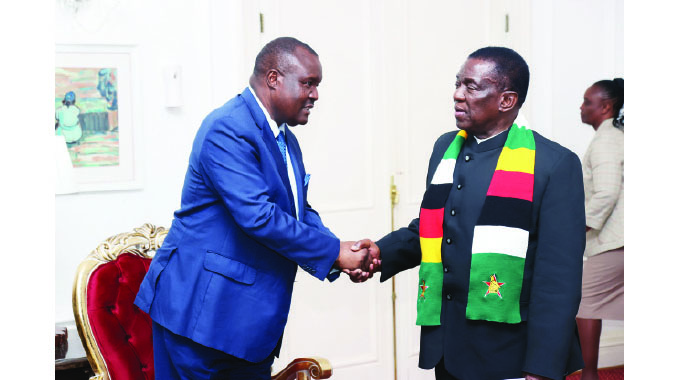PM Jacinda Ardern has faced the tragedy of the mass killings in Christchurch with a mix of empathy and resolve. – Office of the Prime Minister/AFP
ALGIERS. – Algerian President Abdelaziz Bouteflika on Monday again defied mass protests calling for his immediate resignation, insisting on a plan to elect a successor only after a national conference and new constitution is approved.
Bouteflika, 82, last week bowed to demonstrators who say he unfit to run Algeria by announcing he had reversed a decision to stand for another term. But he stopped short of stepping down and postponed elections due in April, in effect extending his current term until a new constitution can be prepared.
In a letter reported by Ennahar television, the veteran leader repeated an earlier plan for a national conference to reform the political system, which would be held shortly.
The forum will take “decisive decisions”, state television quoted him as saying. A new constitution will then pave the way for a new president, the private Ennahar station added.
The scenario broadly reflects a timetable for change that Bouteflika mapped out on March 11.
The ailing leader has ruled for two decades but has rarely been seen in public since suffering a stroke five years ago.
His comments were published shortly after the chief of staff, Lieutenant-General Ahmed Gaed Salah, said the army should take responsibility for finding a quick solution to its political crisis, in the most overt signal of potential military intervention since demonstrations erupted three weeks ago.
So far, the powerful army has remained in barracks during the demonstrations, with the security forces mainly monitoring mostly peaceful demonstrations in Algiers and other cities.
“The army will remain a fortified fortress for the country,” Salah said on state TV. “We should be responsible for finding solutions as soon as possible. There is no problem without solution.”
He added: “I’m confident the Algerian people are wise and able to overcome all difficulties.”
The army has generally wielded power in Algeria behind the scenes, but has intervened publicly during pivotal moments. In the early 1990s, generals canceled elections which an Islamist party was set to win, triggering almost a decade of civil war that killed some 200,000 people. – Reuters







Comments